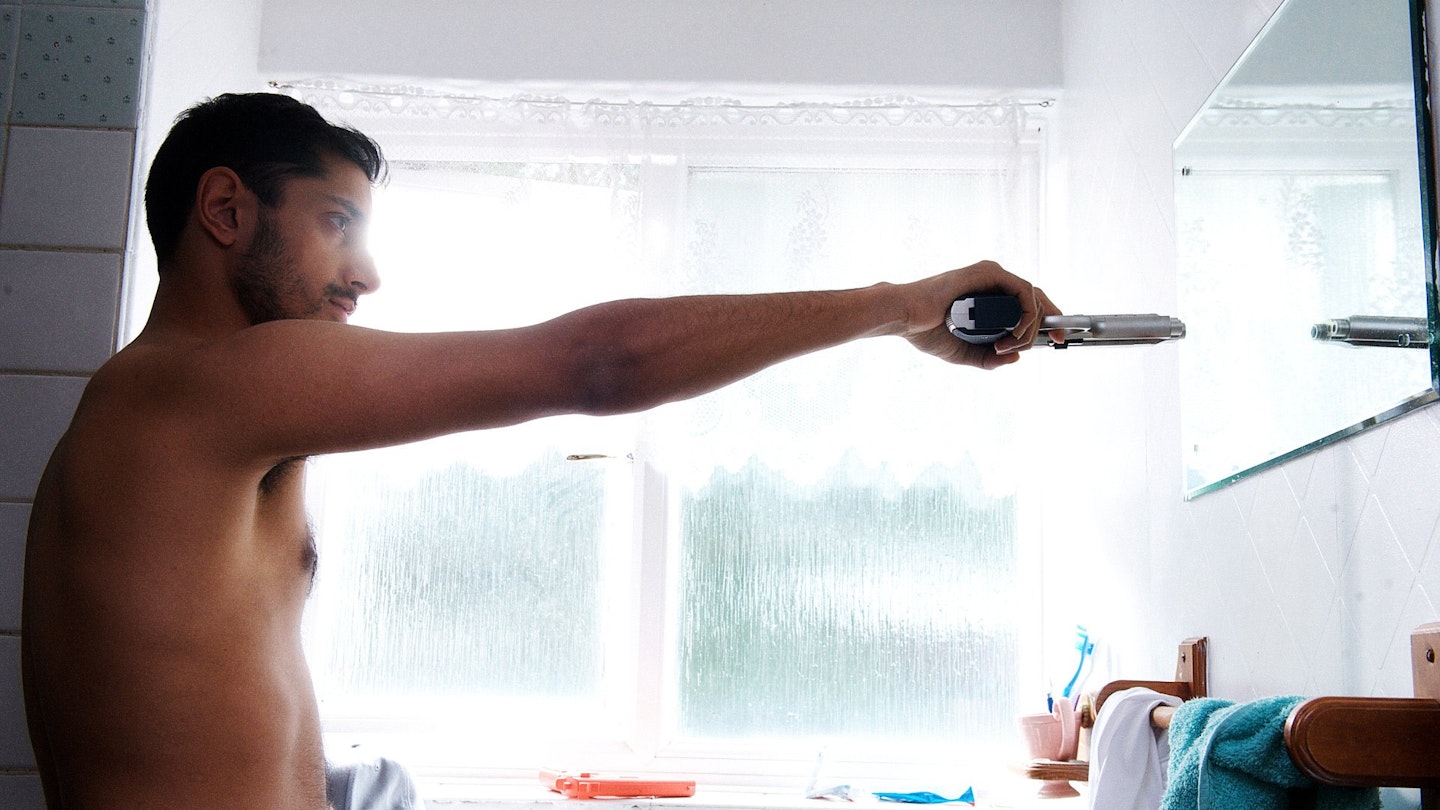Ben Drew, AKA Plan B, turns director with this London-set crime drama. The poverty-stricken estates of East London are a familiar setting: Wild Bill and Sket are just two recent outings on this tough territory. But, as you might expect from an innovative rap/soul artist, Drew attempts something a bit left of centre. A self-confessed Tarantino fan, Drew uses an episodic structure, introducing a series of underworld characters before their stories overlap. Don’t expect Pulp Fiction-style laughs, though: apart from the occasional dark aside, these tales are heartbreakingly grim. Take the scene where Chris (Joshua Osei) orders the barely teenaged Jake (Ryan De La Cruz) to beat up his defenceless friend in order to be accepted into a gang. Watching Jake tearfully oblige is gloomy stuff, and it doesn’t end there. There’s the sorry story of Michelle (Anouska Mond), as told in the short film that helped Drew finance Ill Manors. After allegedly stealing a mobile phone from the ruthless Ed (Ed Skrein), Michelle is forced to prostitute herself out for the price of the phone. She’s dragged from kebab shop to pub by her new self-styled pimp, servicing grubby, half-interested staff for a couple of tenners apiece. Meanwhile, Katya (Natalie Press) feels compelled to leave her tiny baby on a train for reasons that later become apparent.
Watching much of this is Aaron (Riz Ahmed), the closest thing to
a sympathetic male character. He’s considering tracking down his real mother and cleaning up his act, but hanging out with Ed isn’t helping matters. Ahmed lends sensitivity to the role (originally played by Adam Deacon in the short) and provides a much-needed point of contact for the audience even if, like many of the characters, he’s underdeveloped.
That’s probably Ill Manors’ biggest flaw: characters are jostling for space, so this mainly emotes through dramatic events. You can take a guess at motivations, but a bit more background wouldn’t hurt. It’s also hard to get a grip on the film’s direction, especially if you come to it blind. Just as things appear to be wrapping up, another soul’s plight is introduced and the air of impending doom is renewed afresh. This doesn’t have the confident signalling of other episodic films, where you’re in no doubt that there are still stories be told — and you’re eager to hear them, rather than faintly nervous about what horrors await.
Still, performances are strong — even from newcomers cast off the street — and introductions are nifty: an unseen Drew raps characters’ back stories over slick montage sequences, giving this a hip-hop musical feel. The device makes it easier to accept the contrived coincidences and melodramatic staging: a spotlight is thrown on a crack whore jacking up as if she’s the tragic heroine in an Andrew Lloyd Webber production.
There’s something playfully anti-establishment about these touches; no surprise from the man who’s spoken out about the government and the conditions that lead to the London riots. Like many films from the Revolver Entertainment stable — not to mention Adulthood, in which Drew appeared — this tries to bring home the realities and seemingly impossible choices faced by urban youngsters, where gang culture is an all-too-easy option. But Drew does it with a visual and aural flair that sets him apart from the pack.



